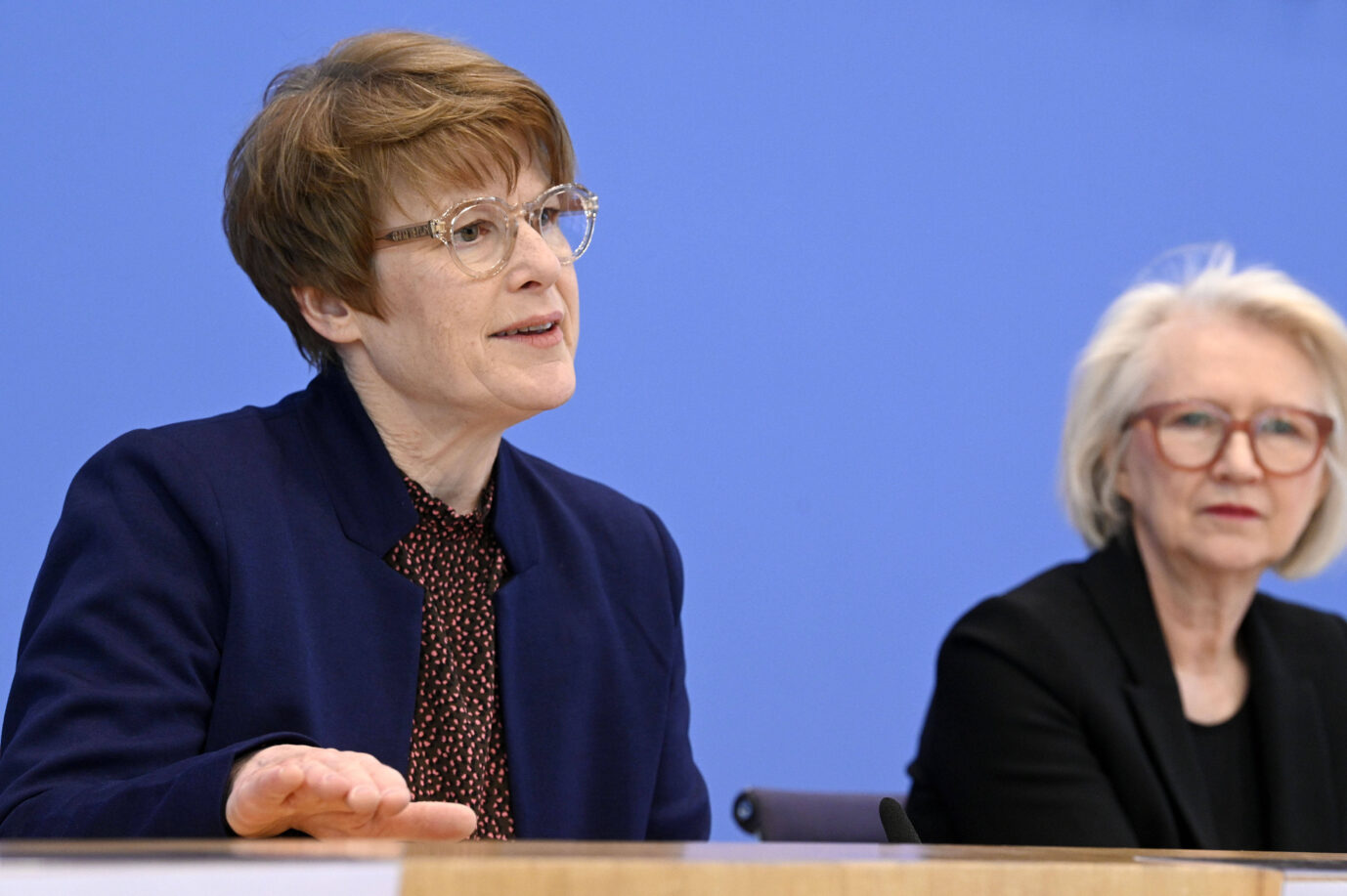Heinz Hoenig Celebrates 74th Birthday After Near-Fatal Health Crisis
Police Detain Partner Following Fatal Attack in Lower Saxony
German Regulator Probes Pharmaceutical Packaging Firm's Financial Reporting
Authorities Crack Down on Cross-State Criminal Gang in Elaborate Scam Scheme
Senior Perishes in Water While Rescuing Defective Toy Boat Belonging to Grandchild
Ifo Study Highlights Persistent Order Shortages Across Key German Industries

Recent data from the Ifo Institute reveals a slight improvement in the order situation across German businesses, with 37.3% of companies reporting order shortages in April 2025, down from 40.2% in January. Despite this marginal recovery, Klaus Wohlrabe, head of Ifo surveys, cautions against optimism, stating, "This is not yet a sustainable recovery. Demand remains subdued in many places, and the current high uncertainty could quickly reverse the development."
The industrial sector showed notable improvement, with the percentage of affected firms dropping from 44.8% to 36.8%. The automotive and chemical industries were among those experiencing relief, whereas the machinery sector continues to struggle, with around 43% of companies reporting insufficient orders. Contrary to the general trend, the food and beverage industry saw a slight increase in order shortages, albeit from a relatively low base.
In the services sector, the situation remains challenging, with temporary employment agencies, hospitality, and IT service providers among the hardest hit. The retail sector also continues to face significant difficulties, with over half of wholesale and retail businesses reporting order shortages. This ongoing struggle reflects the lingering effects of consumer hesitancy and broader economic uncertainties.
Amid these developments, Germany's economic outlook remains cautious. The slight easing in order shortages offers a glimmer of hope, but the pervasive uncertainty and sector-specific challenges underscore the fragility of any potential recovery. As businesses navigate these turbulent times, the path to sustained growth appears fraught with obstacles, requiring careful monitoring in the coming months.